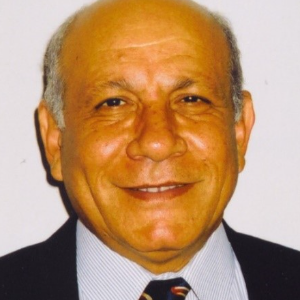Computational Fluid Dynamics (CFD) is a powerful and versatile numerical analysis technique widely used in engineering to simulate the behavior of fluid flow, heat transfer, and related phenomena. It employs mathematical models and numerical methods to analyze and visualize the complex interactions of fluids with boundaries, structures, and other fluids. In the context of fluid dynamics, CFD provides a virtual laboratory for studying the intricacies of fluid motion without the need for physical prototypes. CFD finds extensive applications across various industries, including aerospace, automotive, energy, and environmental engineering. Engineers and researchers use CFD simulations to predict and optimize the performance of aerodynamic designs, combustion processes, heat exchangers, and fluid systems. By breaking down fluid dynamics into discrete elements and solving governing equations numerically, CFD enables the investigation of intricate flow patterns, turbulence, and heat transfer in diverse scenarios. The methodology involves dividing the fluid domain into a grid of computational cells, applying boundary conditions, and solving governing equations, such as the Navier-Stokes equations, to simulate fluid behavior over time. CFD simulations can provide insights into flow characteristics, pressure distributions, temperature profiles, and other critical parameters, aiding engineers in making informed design decisions and optimizing system performance. Advancements in computing power and simulation techniques have propelled CFD to become an indispensable tool for engineers seeking to enhance the efficiency, safety, and sustainability of their designs. Whether analyzing the aerodynamics of an aircraft wing or optimizing the cooling system of an industrial process, CFD continues to play a pivotal role in shaping the technological landscape and advancing our understanding of fluid dynamics in complex systems.

Anthony J Sadar
Environmental Science Communication, LLC, United States
Selim Sanad Shaker
Geopressure Analysis Services, United States
Sharma Dronamraju
AKD Professional Solutions Inc., United States
Ross Cygan Taylor
North Sea Transition Authority, United Kingdom
Saleh Alqahtani
Saudi Aramco, Saudi Arabia
Abdulrahman Bahashwan
Saudi Aramco, Saudi Arabia



Title : The Vacuum Insulated Heatable Curtain (vihc): From conceptual invention to market deployment as a cost-effective dual solution for window heat loss reduction and localised radiant comfort
Saim Memon, Sanyou London Pvt Ltd, United Kingdom
Title : Transforming waste plastic into hydrogen: Progress, challenges, and future directions in pyrolysis-based integrated pathways
Nur Hassan, Central Queensland University, Australia
Title : Unlocking UKCS potential through collaborative well interventions
Ross Cygan Taylor, North Sea Transition Authority, United Kingdom
Title : Driving excellence in marginal field development and operations through an integrated smart strategy to unlock challenging sour oil
Sharina Al Muhairi, ADNOC Onshore, United Arab Emirates
Title : Innovative solutions for accurate and efficient gas monitoring
Raysa Bani Ibrahim, Abu Dhabi National Oil Company, United Arab Emirates
Title : Innovative solutions for accurate and efficient gas monitoring
Mariam Alzaabi, Abu Dhabi National Oil Company, United Arab Emirates